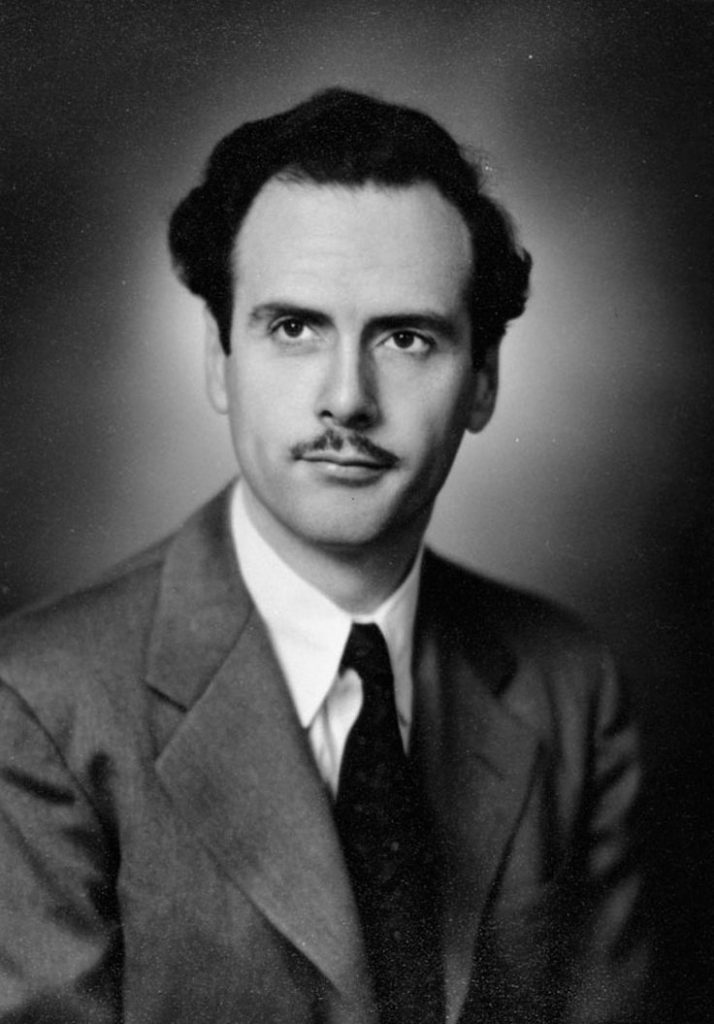Blog/Marshall McLuhan – the man who predicted the internet in the 1960s
22nd January 2020
A world without websites and the internet seems almost impossible these days. We live in an age where we’re constantly connected to the web in a dozen or more different ways, whether it’s via our smartphone giving us the latest from Twitter, Facebook or Instagram, our iPad allowing us to book and pay for flight, upload all the required information to allow us to check in, download a boarding pass with which we can take our seat aboard the aeroplane.
We have smart speakers, desktop computers, smart TVs, satnavs, heck – even our fridges are connected to the cloud these days.
The majority of our daily communication with peers and friendship groups is done remotely via the internet.
But there was an age, not too long ago, when the world wide web didn’t exist.
In the 1960s, many of the visions of the future were fanciful, and not a million miles away from what you’d find in the pages of an Arthur C Clarke novel: Flying cars, protein pills replacing delicious foods and holiday homes on Mars.

One man seemed to be able to separate himself from these future fantasists with an unnervingly accurate vision of what was to come in the digital age.
Marshall McLuhan
In 1962, Canadian born Marshall McLuhan, author and media theorist, predicted the invention of the internet. And he didn’t do it in woolly seance-style ‘I’m getting a man, he’s a good man, I think his name starts with a letter in the first half of the alphabet’ way either. He gave specifics.
In a book he wrote called ‘The Gutenberg Galaxy’ he predicted the coming of something he called ‘the electronic age’, which would see the advent of something he called ‘the global village’ – a space where information can be transmitted remotely to anyone anywhere.
Not only that, but he also warned of the dangers of this space and that ‘private manipulation’ by advertisers and other interested parties could affect the impartiality of the information people were privy to.
Prophetic, eh?